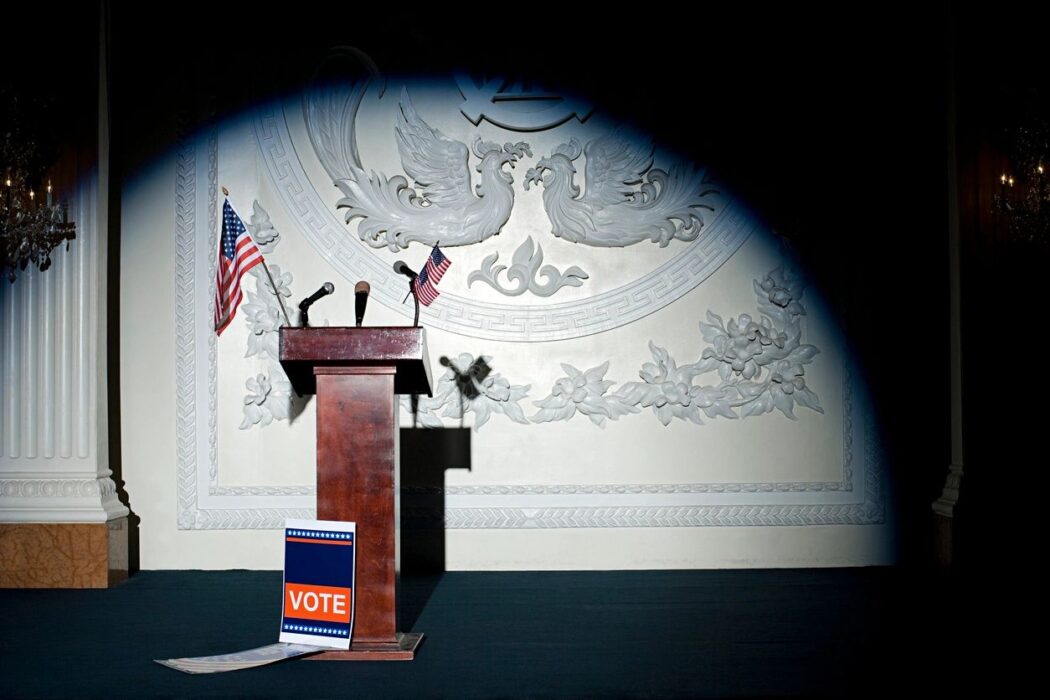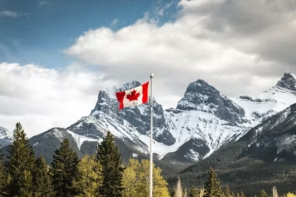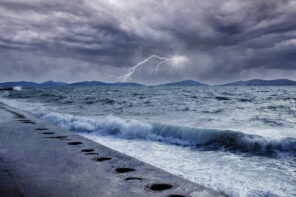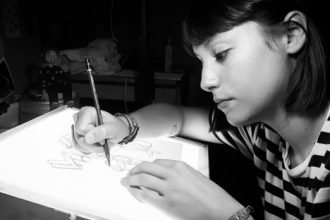It’s hard to know how much we, as Canadians, should be in despair following the US election. Separated as we are by geography, history, and demeanor, we still walk around shell-shocked, seeing the events of the election reverberating in each other’s eyes, hearing them ring in our ears. Some of us are stunned. Some of us are grimly unsurprised. Some of us are, bizarrely, celebrating a victory against liberal centrism. Most of us are in mourning, even as the object mourned was never ours. It’s the same gut-punch feeling that enveloped much of the world in 2016. Experiencing it once did very little to prepare us for the second time. However, eight years ago we amassed a canon of cesspool-world literature – words and ideas that made some sense out of a world that had seemed to fall further off the rails. Those words are as powerful and helpful now as they were then to fuel hope.
Junot Díaz, one of my favourite contemporary writers, wrote an open letter in 2016 to a friend of his – a fellow member of the Latin American diaspora – that I return to frequently. He recognizes the immense setback that Trump’s election represents; as a member of one of the communities made most vulnerable by the Trump administration, his pain and fear are particularly poignant. Crucially, however, he warns against getting stuck in sadness or allowing despair to overtake us to the point of apathy. Realism, he argues, is unimaginative; while we need to be alive to the desperate gravity of the situation, we must continue to wholeheartedly believe that this reality can and will change, that the trajectory of history will – to quote MLK – continue in its arc toward justice. Otherwise, we risk accepting injustice and unfreedom as inevitable.
Díaz writes that hope – radical hope, as coined by Jonathan Lear – is the only way forward through mourning. Radical hope, he says, imagines a future brightness by force of conviction and energy. It does not replace struggle, but struggle is empty without the life-force of hope propelling it forward. He imagined then that ‘radical hope is our best weapon against despair… And I believe that it will help us create a better, more loving future.’
In the face of such extreme despair, such intense hopelessness, the thought of putting hope into practice can feel remote, unrealistic – even trivializing.
What would I know about despair and hopelessness? I know that what I experience is a fraction of what vulnerable Americans are feeling; my angst, confusion, and hurt is at most in solidarity with theirs. Yet, I believe that hope is among our best methods of expressing solidarity (besides offering our hand in marriage to those Americans seeking to obtain Canadian citizenship). Canadians cannot get lost in our Northern superiority complexes; in our reserved and muted way, we reflect the U.S., as indicated by rising conservatism in our polls.The practice of hope-as-struggle is as important for us in our own country as it is in solidarity with that of our American friends.
We must participate in imagining a future goodness. It’s what humans have practiced as long as we’ve been around. Those who struggled in past centuries, who believed so desperately and ceaselessly in the future that we live in, have left a legacy of hope. Drawing from it and continuing to exercise a creative optimism is far more powerful, radical, and constructive than allowing realist pessimism to swallow us.








